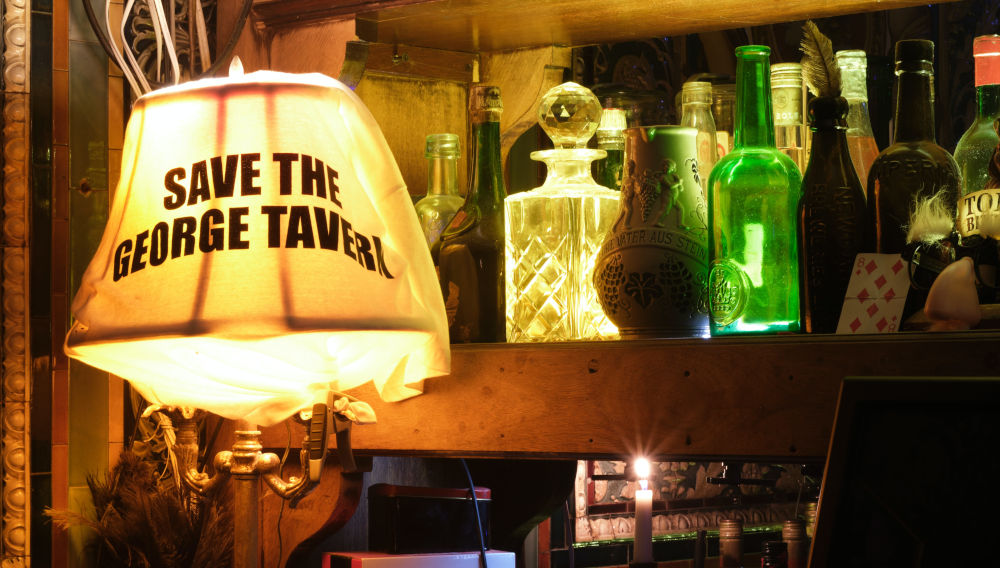UK pub and bar industry struck by 512 insolvencies in 2022
United Kingdom | Skyrocketing costs and plunging sales are hitting the pub industry hard, causing bankruptcies in the sector to soar by 83 percent in one year, according to UHY Hacker Young, a firm of chartered accountants
After a difficult period during the pandemic, many pubs and bars are left with very little savings or ability to borrow further, and for some, the current economic downturn has been the latest push towards insolvency, UHY Hacker Young said in a statement on 13 February.
The number of closures was close to the peak of 551 recorded in 2013. The total number of licensed venues in the UK has fallen by 15 percent over the past decade, with the annual bankruptcy rate averaging 466.
Kate Nicholls, Chief Executive of UKHospitality, an industry body, was quoted as saying that the damage to the hospitality industry would look “much starker” after the government’s GBP 18 billion (USD 22 billion) energy support package for business “tapers away” from the end of March. Although the scheme will be extended for another year from April, the level of support to businesses will be slashed to GBP 5.5 billion.
“This scale of insolvencies is unfortunately reflective of the enormous challenges facing hospitality,” added Ms Nicholls, pointing to the impact of widespread strike action on demand and the pressure of repaying pandemic loans on top of the effect of high inflation.
Pubco Stonegate to offload nearly one in five pubs
Adding to the industry’s woes is the news that the UK’s largest pub company, Stonegate, which operates around 4,800 managed, leased, and tenanted pubs, is planning to flog up to 1,000 pubs.
The chain, which is owned by the private equity firm TDR Capital, has a GBP 2.6 billion (USD 3.2 billion) debt pile. The pubs could fetch a total of GBP 800 million (USD 962 million).
Whether it will be able to sell the pubs quickly in such hard times remains to be seen. Rival pub chain JD Wetherspoon said last year that it was selling more than 30 pubs and shutting some boozers for good. But little progress has since been made in offloading them.
Who owns Britain’s pubs?
CAMRA and the Office for National Statistics believe there are roughly 40,000 pubs in the UK, down from some 60,000 in the 1980s, when the Thatcher government broke up the brewers’ vertical integration through compulsory sell-offs.
Pub numbers have been falling by an average of 1 percent annually for over thirty years, says the beer writer Tim Webb. As few as 8,000 pubs are now owned by brewers – of which nearly 5,000 belong to Heineken and CKAH (the Chinese property company that owns Greene King) combined.
Fewer than 2,000 are owned by independent brewers established before 1971, and, with the exception of BrewDog’s 75 UK bars, newer breweries make little impact. Meanwhile, four of the country’s five largest breweries, AB-InBev (Budweiser), Carlsberg, Molson Coors, and Asahi, own none, preferring to nail down their sales by different means, Mr Webb points out.
Forty UK’s pub companies own more than 30 pubs apiece, with the largest, Stonegate owning 4,800. Between them they own around 15,000 pubs, with the remainder belonging to smaller companies, many of which lease just one or two from larger property companies, he says.
According to Mr Webb, the owner-landlord who runs a true “free house” is a rare breed. Less than 10 percent of pubs are privately-owned, Mr Webb estimates.
Drinking at home
Since the 1980s, Mr Webb says, beer consumption has been steadily shifting away from on-licenses (mostly pubs) to home, via supermarkets and shops. “The trend has averaged 1 percent per year, from a split of roughly 80:20 (on-premise versus off-premise) in 1985, to 45:55 in 2019. As expected with lockdown, the 2020 figure lurched to 24:76. The shock news is that in 2021 it only revived to 26:74.”
Data is essential to sizing a problem but says little or nothing about its causes. For Mr Webb the question is: “Is the massive loss of pubs in our communities a symptom of the UK’s loss of interest in beer, or a cause of it?”
Keywords
United Kingdom breweries beer consumption brewers
Authors
Ina Verstl
Source
BRAUWELT International 2023


